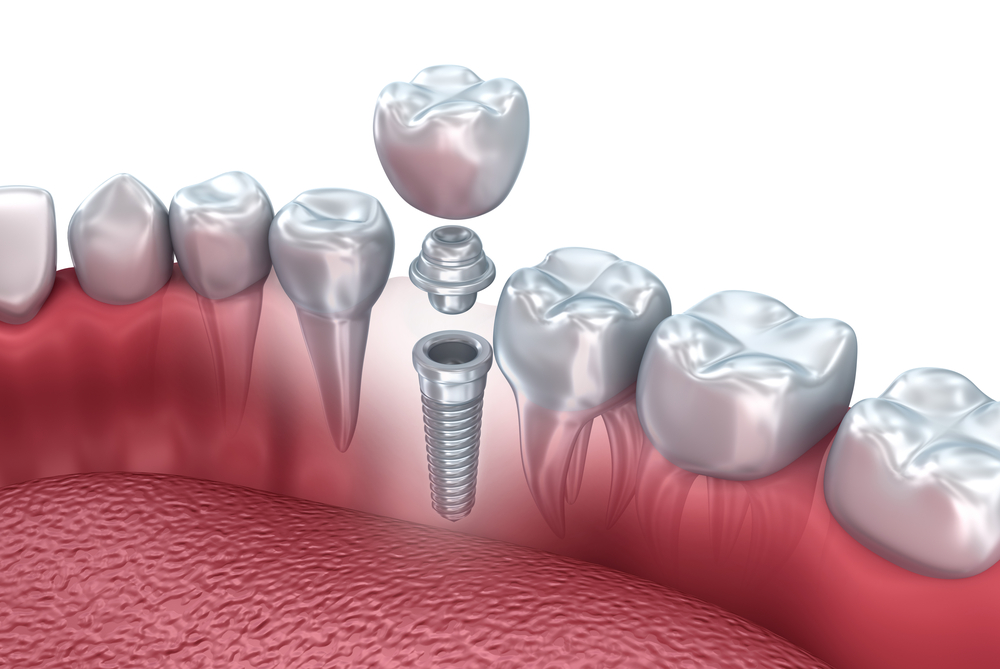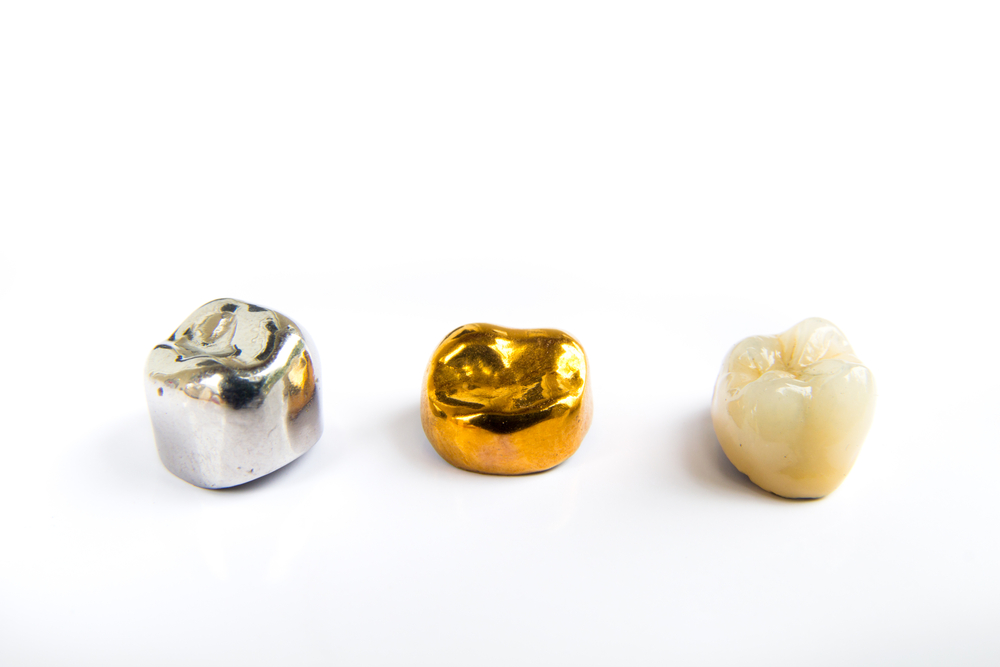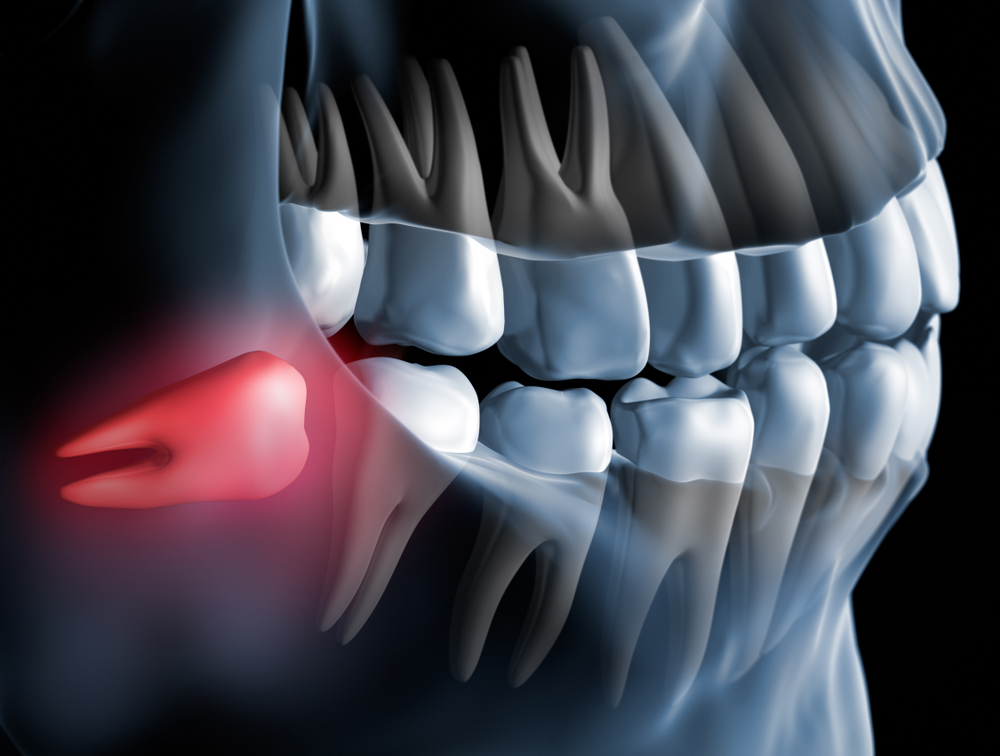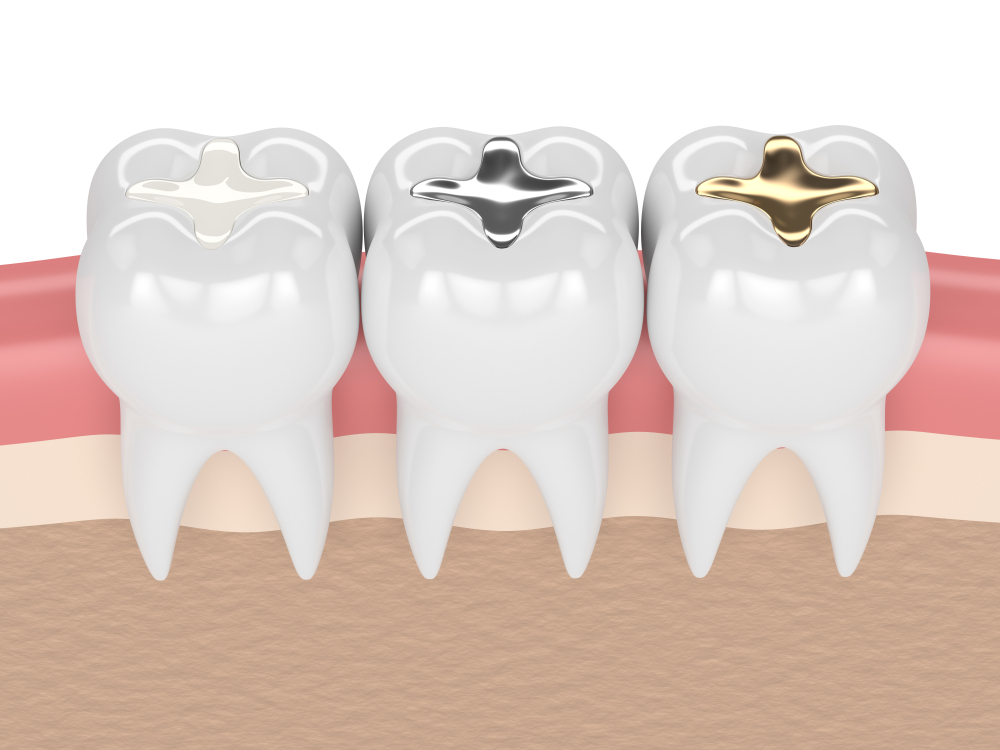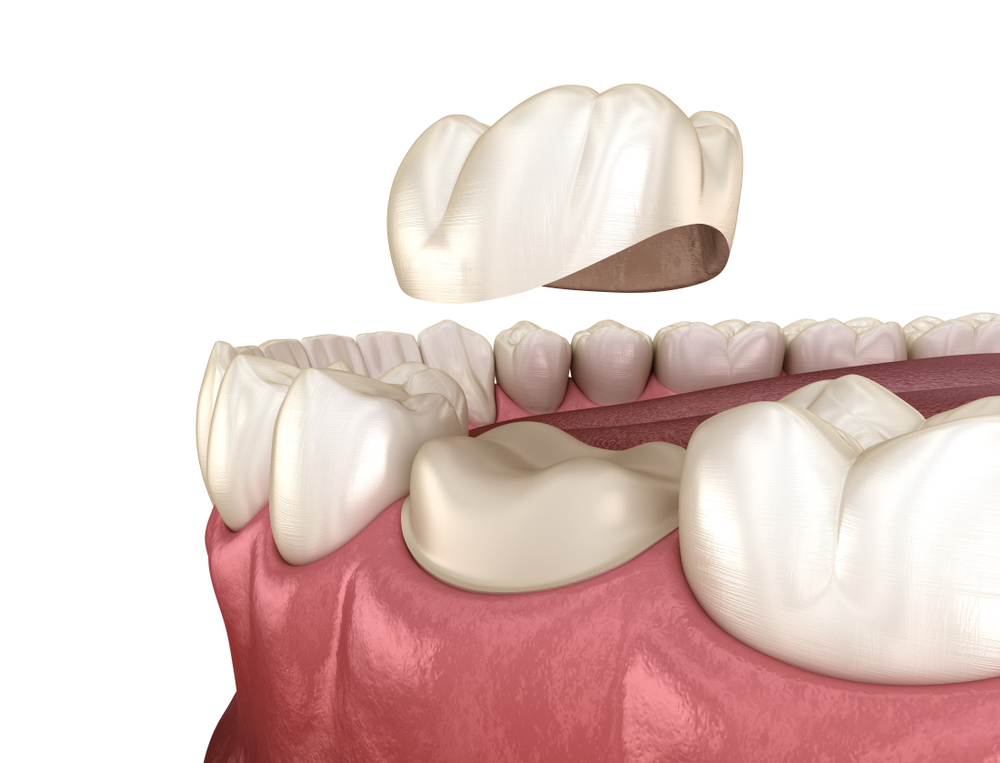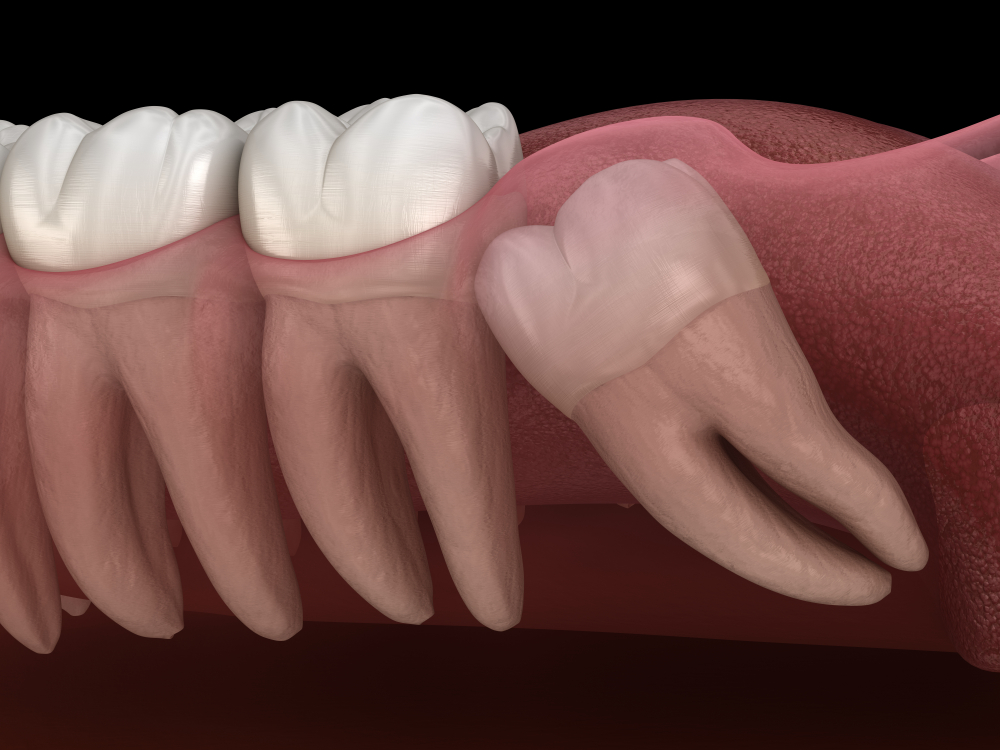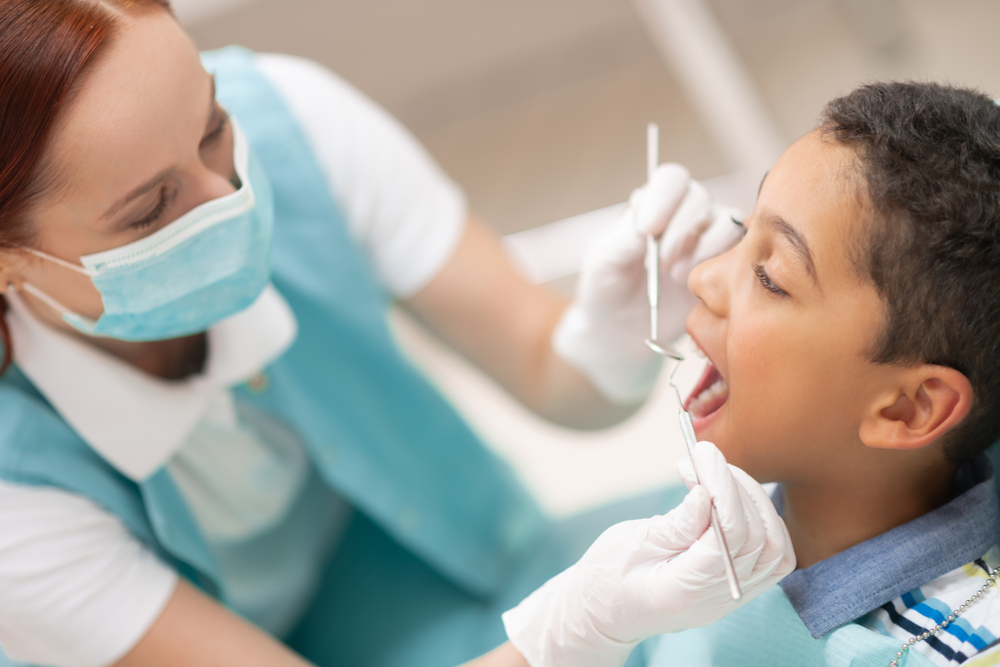Do Dental Implants Work Like Your Real Teeth?
Have you lost a tooth recently? Are you considering a dental implant to help with this situation? If so, please keep reading for some important information.
It goes without saying that most people would love to keep their natural teeth for their entire life however, your teeth can be lost for a number of reasons such as an accident, decay or tooth development issues.
If this happens, your dentist will have several choices you have when it comes to replacing missing teeth. Dentures, dental bridges, and dental implants are some of these solutions. However, dental implants are considered the best solution for missing teeth.
Please keep reading below as we take a look at dental implants in more detail. We will take a look at the following:
- What Is A Dental Implant?
- How Long Does A Dental Implant Last?
- How Long Will The Treatment Take?
- Do Dental Implants Work Like Real Teeth?
What Is A Dental Implant?
Dental implants are a long-term solution for missing teeth. Implants provide a secure anchor for dentures – letting you eat, speak, and smile with greater confidence. Implants are more like your natural teeth compared to dentures and dental bridges.
A dental implant is an artificial titanium root made to replace the root of a missing tooth. It could be placed in either the lower or upper jaw. The implant will heal with the jawbone over time and create a solid foundation for the crown.
Dental implants are popular because they are the most effective solution for missing teeth.
How Long Does A Dental Implant Last?
Dental implants are considered the best long-term solution for missing teeth. If you have a healthy jawbone, you are an ideal candidate for implants because metal part of the implant will last as long as your natural teeth last.
With proper care, the crown of the implant will also last for a long time without any problem. However, you still need to care for implants the same way as your natural teeth. Regular brushing and flossing are crucial to prolonging the lifespan of a dental implant.
How Long Will The Treatment Take?
Dental implants are not the best solution for everyone. Ideally, you need to have a healthy jawbone for best results. Your dentist is the best person to determine if you are eligible for dental implants.
An implant requires two visits to your dentist with the whole process taking between 6-8 months to complete. The process involves three phases.
First of all, your dentist will perform surgery to place the implant in your jaw. This is then covered with gum tissue and allowed to integrate with the jawbone for 3-6 months.
The dentist will attach a post to the implant and let the gum tissue grow around it. The implant and post are placed at the same time in most cases. These will serve as the anchor for the replacement tooth.
Once the implant fuse with the jawbone, your dentist will attach a customised crown to the implant post.
Do Dental Implants Work Like Real Teeth?
You might wonder whether dental implants look and work like your natural teeth and the good news is, they do.
In fact, most patients have said that implants feel and work as their natural teeth and are actually more like your natural teeth compared to dentures and dental bridges.
You can speak, eat, and smile with greater confidence with dental implants. The most important thing is to find a qualified cosmetic dentist if you plan to avail yourself of dental implants.
Are you searching for a reliable dental clinic in Taylors Lakes for dental implants or other dental procedures? If so, then look no further than Gardens Dental.
Gardens Dental offers a full array of dental services in Taylors Lakes and Caroline Springs to help you and your family maintain healthy teeth.
To learn more about our services or make an appointment, please contact us today on (03) 9449 2626 or through our website.

